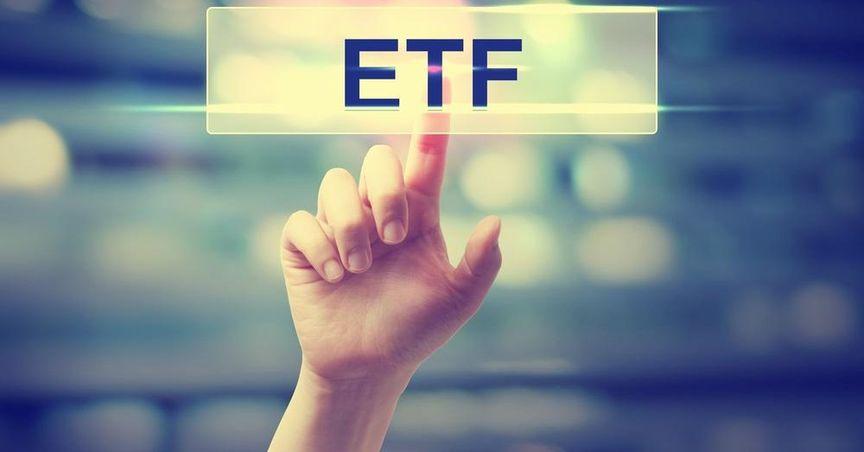The possibility of Solana and Cardano being approved as spot exchange-traded funds (ETFs) in the United States faces significant hurdles, according to Katalin Tischhauser, head of investment research at Sygnum Bank. Tischhauser's comments echo a broader skepticism among industry experts regarding the future of altcoin ETFs in the U.S. market.
Regulatory Barriers for Crypto ETFs
Tischhauser highlights that the primary obstacle to approving additional crypto ETFs is the lack of trading venues that the Securities and Exchange Commission (SEC) considers suitable for market surveillance. The SEC’s mandate includes safeguarding against market abuse, fraud, and manipulation. To ensure fair trading practices, the SEC relies on regulated market venues like the Chicago Mercantile Exchange (CME) for market integrity assessments. Currently, the SEC regards most crypto exchanges as “unregulated securities exchanges,” which complicates the approval process for new crypto ETFs.
Demand for Bitcoin and Ether ETFs
The demand for (Bitcoin) and Ether ETFs, which have been available since January, illustrates the potential appeal of spot crypto ETFs. Spot (Bitcoin) ETFs have amassed $17.7 billion in inflows, signaling strong investor interest. Despite a challenging start, spot Ethereum ETFs are expected to gain traction over time, even though initial trading saw aggregate outflows, partly due to shifts from the Grayscale Ethereum Trust.
Altcoin ETF Market Dynamics
The market for cryptocurrencies beyond Bitcoin and Ether presents a different scenario. Tischhauser points out that while there is some interest in alternative assets, as evidenced by the premium on Grayscale’s Solana Trust (GSOL), the overall demand remains limited. The GSOL fund currently holds $78.6 million in assets under management (AUM), a fraction of the $6.3 billion managed by the Ethereum Trust (ETHE). This disparity suggests that investor interest in altcoin ETFs is relatively modest compared to Bitcoin and Ethereum.
Perspectives from Industry Leaders
The lack of enthusiasm for spot ETFs related to altcoins has been echoed by other industry leaders. Samara Cohen, BlackRock’s investment chief for ETF and index investments, stated that there is unlikely to be a spot ETF for altcoins like Solana soon. Similarly, Robert Mitchnick, BlackRock’s head of digital assets, has expressed skepticism about the proliferation of crypto ETFs beyond Bitcoin and Ethereum.
Contrasting Views from VanEck
Not all industry experts share this cautious outlook. Matthew Sigel, head of digital assets research at VanEck, offers a contrasting perspective. Sigel argues that the notion of Bitcoin and Ethereum being the only viable ETFs is too narrow. He points to the diverse range of crypto exchange-traded products (ETPs) available in Europe, including both single-coin and basket options. This variety in the European market suggests that there may be more room for innovation and expansion in the U.S. market.
Outlook for Crypto ETFs
The ongoing debate over the potential for Solana and Cardano spot ETFs underscores the complex regulatory landscape and market dynamics shaping the future of cryptocurrency investments. While significant barriers exist, including regulatory scrutiny and market demand issues, there remains a possibility for further development in the sector. The contrasting opinions from industry leaders highlight the uncertainty and evolving nature of the crypto ETF market.
Market Sentiment and Investor Considerations
Investors interested in the future of crypto ETFs should consider the current regulatory environment, market demand, and the potential for evolving products. While Bitcoin and Ethereum have established a strong foothold, the path for other cryptocurrencies remains uncertain. Observing regulatory developments and market trends will be crucial for understanding the broader implications for crypto investments.
The approval and success of spot Solana and Cardano ETFs in the U.S. face substantial challenges, including regulatory hurdles and limited market demand. While some experts are optimistic about the potential for diverse crypto ETFs, the current landscape suggests a cautious approach may be warranted for investors considering altcoin-focused products.



